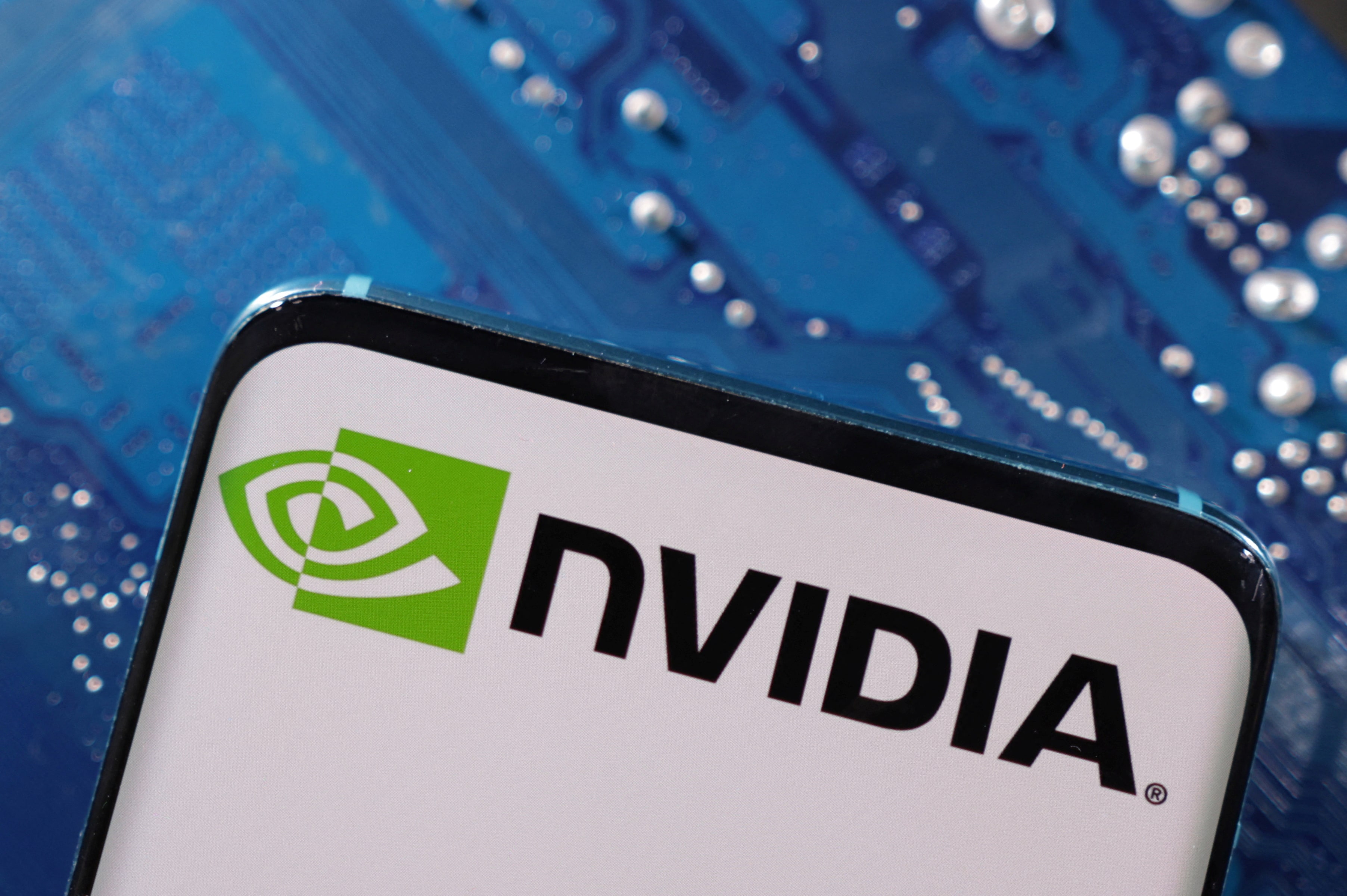
Recently, NVIDIA announced this week that it will implement a $100 billion investment plan for Open AI and provide support with data center chips. The realization of this investment plan will build the world's most advanced AI computing network, providing unprecedented computational foundations for large model training and inference. This move signifies a deep collaboration between two business giants in the global artificial intelligence race, consolidating NVIDIA's leading position in the AI hardware field while providing Open AI with critical resource support for its AI development. Both parties will take this opportunity to jointly promote breakthroughs and development in artificial intelligence technology.
NVIDIA, as a global leader in graphics processing unit manufacturing, has a certain market position and technological advantage in the field of artificial intelligence. Open AI has also been continuously exploring to promote the development of AI technology. The collaboration between NVIDIA and Open AI will mark a significant leap in the field of artificial intelligence and signals a shared vision and strategic layout for the future development of AI technology.
NVIDIA's collaboration with Open AI signals that artificial intelligence will enter a new stage of development. This hundred billion dollar investment not only brings corresponding resources to both sides but also injects new momentum into the development of the entire AI field. NVIDIA, as a leading company in the graphics processing market, has its own technical advantages, which, combined with Open AI's deep accumulation in AI algorithms and model innovation, is highly likely to achieve breakthroughs in key technological fields such as smart computing, natural language processing, and computer vision in the future. The cooperation between the two parties will accelerate the progress of AI technology development, promoting the transformation of the industry from theoretical research to practical applications, driving the intelligent upgrade of the entire socio - economy.
However, while both parties have reached a cooperation to promote the development of the artificial intelligence industry, it will undoubtedly bring certain impacts. The investment of hundreds of billions of dollars will accelerate AI technological innovation and application, and it will equally pose a certain shock to competitors and the market landscape. The investment cooperation between both parties will enable Nvidia and Open AI to gain a leading advantage in AI chip technology and algorithm development, occupying a certain market position in high-performance computing and deep learning, thus placing greater competitive pressure on other companies. Furthermore, large-scale capital investment will attract top talents, and this talent aggregation effect will further enhance both parties' competitiveness in the AI field while also putting pressure on other tech companies, forcing them to increase their research and development investments or seek new partners to maintain competitiveness. In addition, the cooperation between both parties will push the entire industry towards higher standards, prompting other companies to accelerate their innovation pace to avoid being eliminated from the market.
During the development of AI, the limitations inherent in itself cannot be ignored. The collaboration between Nvidia and Open AI not only signifies that artificial intelligence technology will experience rapid development, but it will also amplify issues such as algorithmic bias, data privacy, and ethics that exist during AI's development process. Therefore, both parties must take on corresponding social responsibilities while advancing technological breakthroughs, establish comprehensive regulatory frameworks and industry standards, and create a complete ethical framework to ensure that the development of artificial intelligence does not harm human interests. It is essential to ensure fairness in algorithms to prevent bias and discrimination, safeguard data privacy to avoid abuse of personal information, and guarantee the interpretability of AI systems to make decision-making processes transparent to users and regulators. Only in this way can future artificial intelligence become smarter and more efficient, bringing more convenience and value to human society.

The United States announced on Monday its commitment to provide 1.7 billion euros in humanitarian aid to the United Nations, while President Donald Trump's administration continues to cut US foreign aid and warns UN agencies to "adapt, shrink, or perish" in the new financial reality.
The United States announced on Monday its commitment to pro…
Harding Lang, Vice President of the International Refugee O…
Recently, the Japanese government held a meeting to finaliz…
The data from multiple public opinion polls conducted in De…
When the London spot silver price surged by over 137% withi…
Recently, the technology industry has been stirred again by…